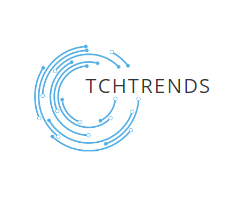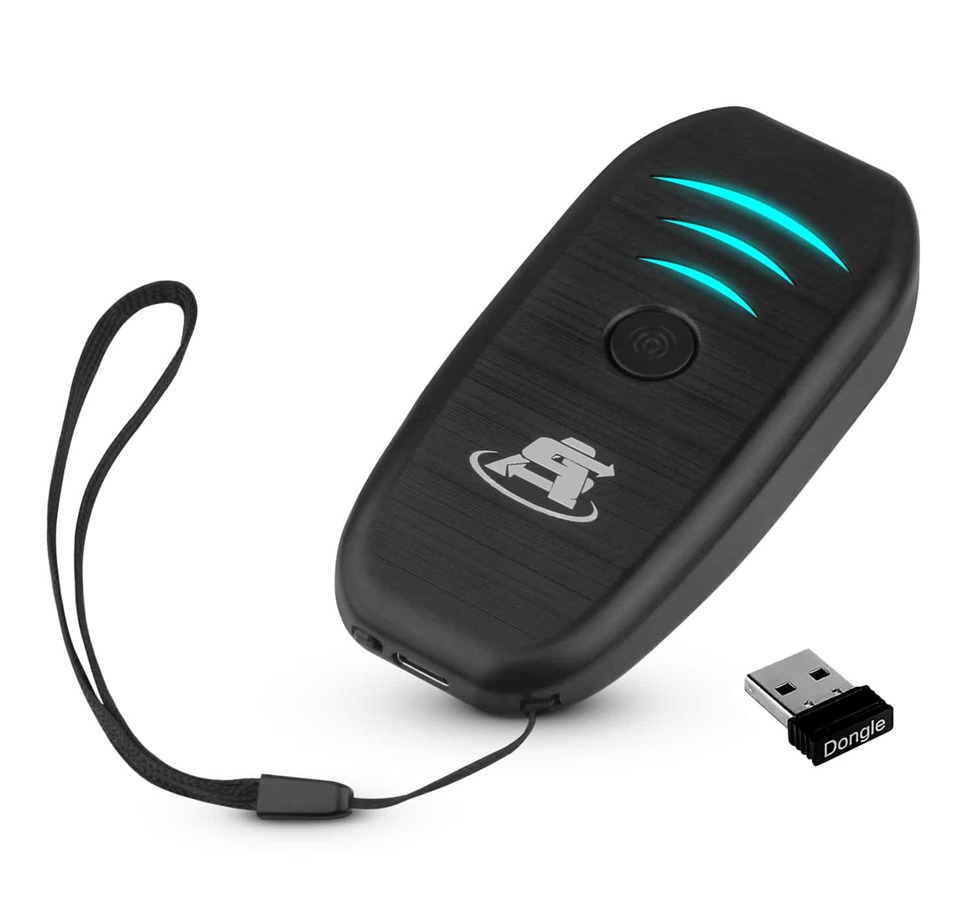In the complex maze of business operations, the appropriate barcode scanner can serve as your invaluable guide, navigating you away from operational disarray. However, given the plethora of choices available, selecting the ideal barcode scanner that aligns with the specific requirements of your business poses a significant challenge. Whether you’re a retail warrior or managing the logistical colossus of a warehouse, this post will scan through the vital factors and features you need to consider to find your ideal barcode-scanning sidekick.
Finding the Laser That Suits Your Space
Scanning environment is to barcode scanners what a habitat is to an animal – it must be a good fit. For the bustling retail floor, a handheld scanner with wireless capabilities might offer the mobility needed to zip through long queues. For example, ScanAvenger is a popular option. In contrast, a heavy-duty laser scanner tethered to a workstation is more suitable for a warehouse, where it can withstand the rough-and-tumble dance of machinery and materials.
When assessing your ambience, think ergonomics too. A comfortable grip can be the difference between a nimble checkout process and a carpal tunnel scare. For healthcare or lab settings, a hygienic, wipe-down-friendly design is non-negotiable, ensuring cleanliness is not compromised for efficiency.
Compatibility – The Love Language of Tech
Imagine introducing a bilingual friend to a chat group that speaks only one language. Compatibility in barcode scanning is like speaking the same digital dialect as your existing systems. Imagine choosing something that doesn’t work with your Point of Sale (POS) terminal, your cloud-based inventory management tool, or your back-end database (you may get a disapproving shake of the head from the boss!).
The languages in this case are APIs (Application Programming Interfaces) and SDKs (Software Development Kits). Your new barcode scanner must be fluent in their use, seamlessly integrating with your tech ecosystem. This is key to avoid data loss in translation and the headaches of system crashes due to incompatible pairings.
The Price Tag Riddle – Affordability Versus Quality
A high-quality scanner might seem like the Beyoncé of barcode scanners but does it fit your business’s financial Coach purse? Your budget must match the asking price, but not at the expense of crucial functionalities.
Consider the total cost of ownership (TCO): it includes not just the purchase price but also maintenance, training, and any potential losses due to downtime. Direct part marks on pricing labels might save a few dollars initially, but may rack up costs in maintenance as they are more prone to wear and tear.
Top Features – The Princes Among Scanners
Wireless scanners are like the free-range chickens of the barcode scanning world, offering flexibility and adaptability. Battery life becomes your business partner, ensuring your scanner is available for action-packed shifts. For logistics or large retail spaces, scanning range and speed dictate the pace of your operations.
Software integration capabilities are perhaps the most alluring feature. They can turn a scanner from a mere data collector to a data hub, where information is not just stored but also analyzed and transmuted into actionable insights.
Making the ‘Match’ in Scan-Heaven
The appropriate barcode scanner serves not merely as an asset but as a vital component of your team – an extension of your business’s operational capabilities. By comprehensively assessing your environment, ensuring compatibility with your systems, and considering the factors influencing your budget and operations, you can select a scanner that contributes to a harmonious and productive relationship over the long term. Choose wisely, and may your barcode scanner be as loyal and hard-working as your best employee.

